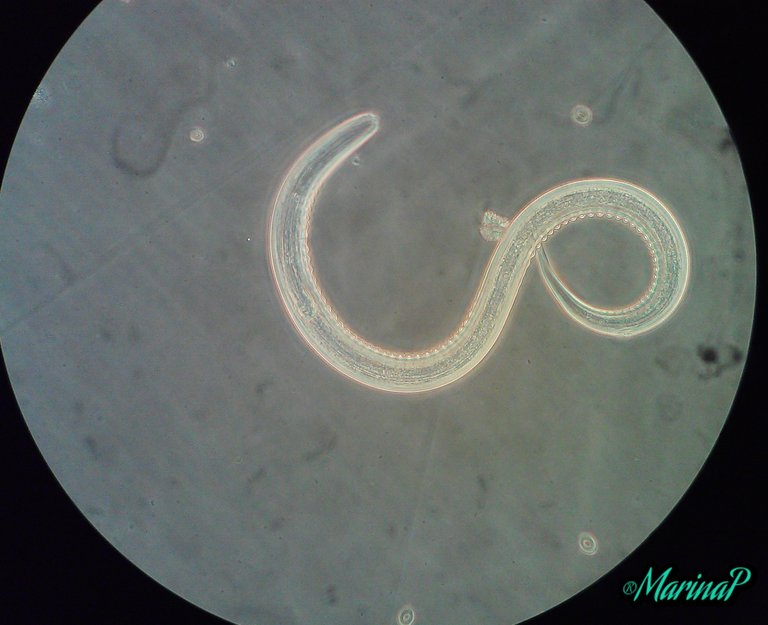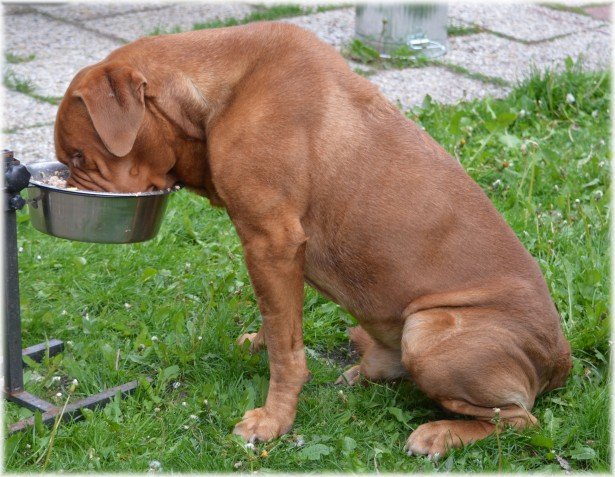How Hookworm affects Pets and their Owners.
Hello friends, it's good to have you here again as I share content on animal infections/diseases and interesting facts that we should know about these infections, but we do not just stop there, we also go deep into knowing the effect it has on pet owners and how protection could take place.
Today's topic is about hookworms and how they affect our little pets, they are intestinal parasites of cats and dogs that got their name from the hook-like part of the mouth, they use to anchor themselves to the lining of the intestinal wall. Even though these hookworms are small in size, they ingest a very large amount of blood from the blood vessels in the intestinal wall.
A deliberate number of hookworms will cause inflammation in the intestine of the pet, and also a life-threatening reduction of red blood cells (anemia). While anemia is highly common among puppies, it can also affect adult dogs. Hookworms can survive more in warm, moist environments.

Image source
Infection of pets with hookworm can happen through one of these routes; oral ingestion, breastfeeding process through the mother's milk, through the skin, and the placenta of the mother (before birth). Hundreds of microscopic eggs are passed through the feces of an infected pet, and in turn, they infect the environment.
There is a high possibility that larvae hatch from eggs could remain inactive in the soil for weeks to months. So, a dog could get infected when it swallows hookworm larvae, usually from the grooming of the feet or sniffing feces or contaminated soil. With larvae ingestion, most times the ingested larvae will move to the dog's intestinal tract to complete their lifecycle.

Image source
The most obvious clinical signs of hookworm infection are; anemia and intestinal distress. The hookworms attach themselves to the intestinal lining to enable them to feed on tissue fluid. Your pet can suffer continuous blood loss from the feeding of hookworms. Some pets would experience serious loss in weight, dull and dry coats, bloody diarrhea, and inability to grow well.
A lot of young puppies die from serious hookworm infections, they could also experience; skin irritation and itching, especially focused on the paws, in severe cases, dogs may also exhibit severe cough.
Several effective drugs generally known as anthelmintics can be taken to help eliminate hookworms. Most of them are administered orally, and they come with a few side effects sometimes, these drugs only can kill adult hookworms, which makes it important for us to have an adult dog treated within two to three weeks. In rare situations, blood transfusion may be required for pets with serious anemia.
Some of the hookworms that affect pets can also infect humans through skin penetration, this transmission would most likely happen while the human is walking barefoot on the beach, working in a garden, or generally in areas where there could be pet feces.
Every pet should be treated with an approved anthelmintic product when they get to two or three weeks of age. In addition to that, a fast deworming procedure should be carried out once the signs of a parasite are detected.
There should be a practice of prompt disposal of dog feces, and strict hygiene needs to be followed especially with children. Constant hand washing and bathing will help prevent human infection.
Thanks for your contribution to the STEMsocial community. Feel free to join us on discord to get to know the rest of us!
Please consider delegating to the @stemsocial account (85% of the curation rewards are returned).
Thanks for including @stemsocial as a beneficiary, which gives you stronger support.